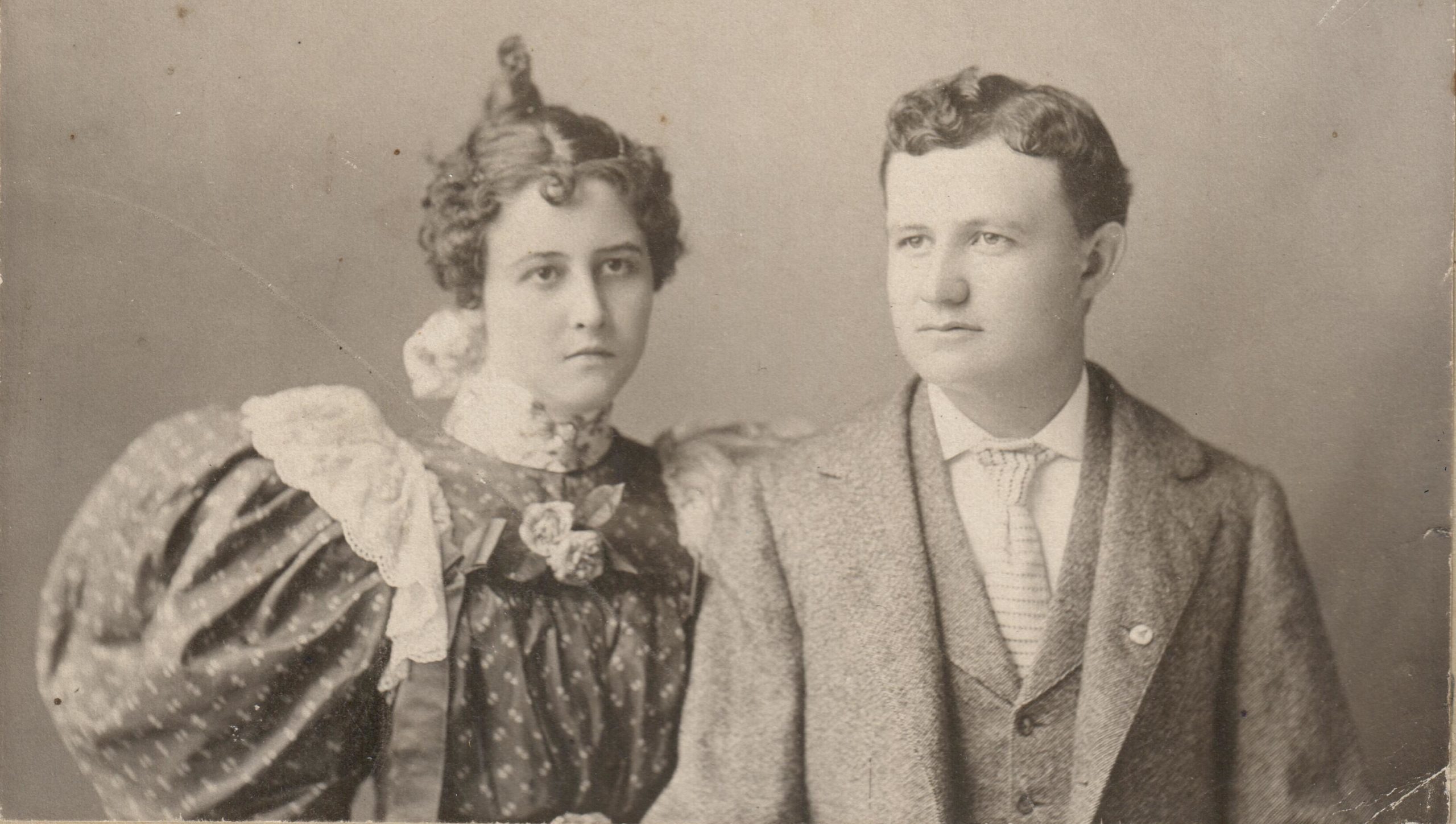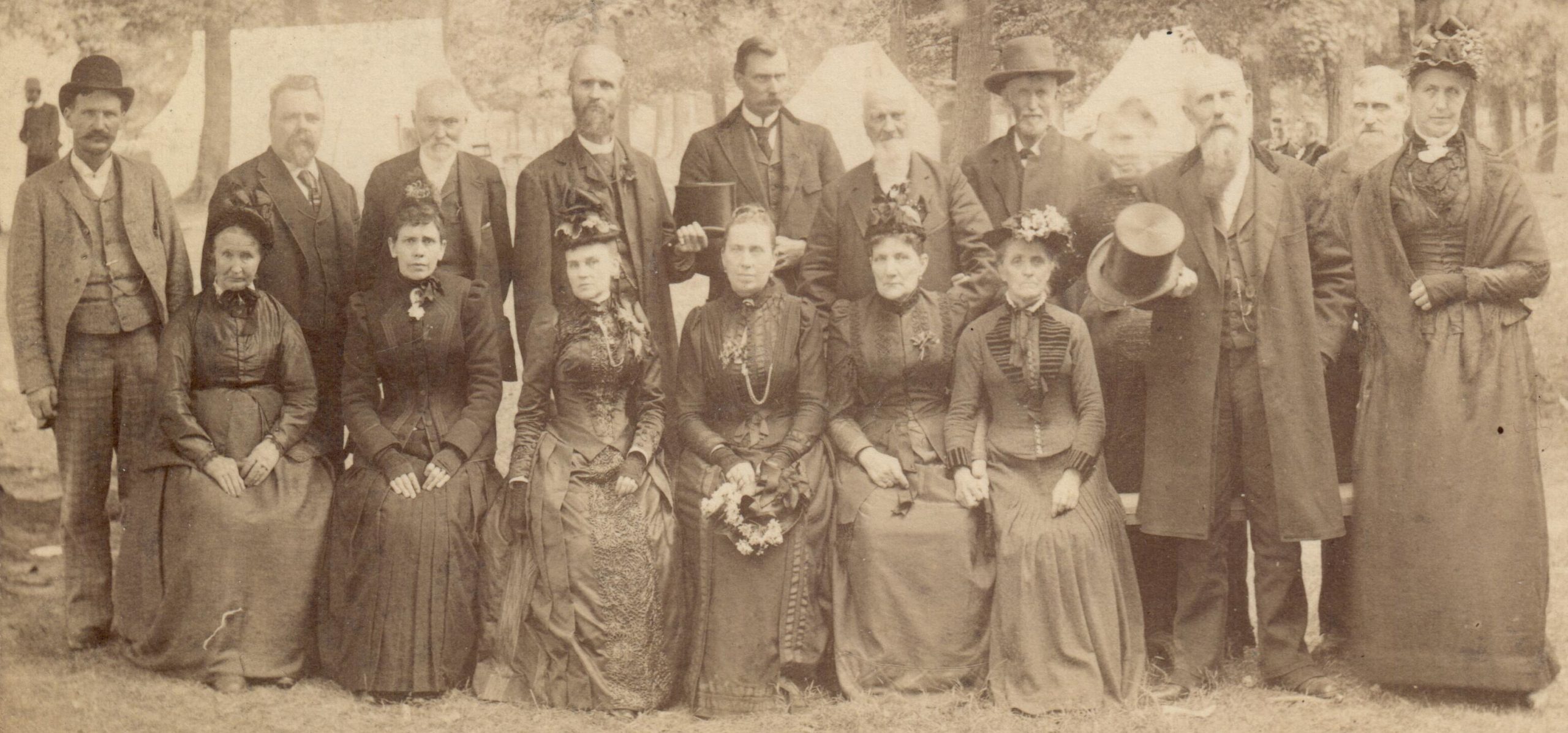• Do you need historical or genealogical research done, but don’t have the time or have more than you can handle?
• Do you have unidentified photographs that need to be dated?
• Do you have clothing or textile collections that need to be identified and sorted?
We can help you with many of your historical research needs.
Click the icons below for more details and pricing on each service.
Our Services
Historical Research
Genealogical Research
Scanning & Transcribing Historical Documents
Dating Photographs
Antique Clothing & Textile Assesment
Presentations and Talks
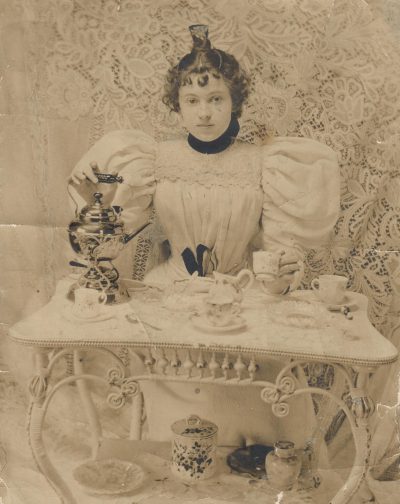
presentations
Below is a list of past presentations by Leslie Bellais. They can be rescheduled for your audience, or we can create one for your specific topic at an additional cost. Contact us for details.
- Over Here: The Wisconsin Home Front during World War I
- Hoops & Bustles: A Look at Victorian Women’s Fashion
- Victorians' Secrets: The Revealing History of Women's Underwear
- Boys in Dresses, Girls in Pants: Dressing Children in the 19th Century
- Clues in the Dress: Dating Photographs from Clothing
- Flapper Fashion
- Dressing the Lady Cyclist
- Doll Play, 1850-1930
- Civil War Memories & Mementos
- Rituals of Romance: A History of Courtship and Weddings, 1830-1990
- Trends in American Quilting
Shortly after the United States entered the European War in April 1917, Wisconsin became known as America’s “Traitor State.” Its large proportion of German citizens, active Socialist party, and anti-war Senator, Robert La Follette, helped create this perception. Some Wisconsinites sought to prove their loyalty and patriotism through sacrifice and hard work; others resorted to vigilantism. Dr. Leslie Bellais will discuss the ways a variety of Wisconsin citizens experienced the state’s tension-filled atmosphere during the 18 months America participated in World War I.
Dr. Leslie Bellais presents an entertaining and educational power point on women’s clothing from 1835 to 1900 with an emphasis on the hoop and bustle eras of the mid and late 19th century. She ties the changing styles to changes in women’s roles.
Dr. Leslie Bellais will share the secret behind Victorians' tiny waists and will explore how women's undergarments reflected societal values. The presentation includes a slightly risqué PowerPoint presentation.
Before the late 18th century parents dressed their children as miniature adults, but with the dawning of a new century mothers embraced a new concept, “children’s clothing.” While now dressed differently from adults, parents decided not to differentiate their young children by gender. Dr. Leslie Bellais will look at how and why this phenomenon occurred.
Are you a genealogist with unidentified photographs of your ancestors? Dr. Leslie Bellais will provide you ways to date those photographs, and possibly figure out which ancestor is being portrayed, by illustrating ways to date the clothing in the images. She will cover men’s and women’s clothing as portrayed in photographs from the 1840s to the first decade of the 20th century. Feel free to bring photographs for her to date.
Flappers, those young women of the 1920s who scoffed at conventional standards of behavior, threw aside the corsets and burdensome clothes of their mothers for shockingly short, sleeveless, androgynous dresses. Dr. Leslie Bellais will put the flapper in context of fashion history and illustrate how the flapper style dramatically changed women’s clothing from everyday clothes to wedding dresses to underwear.
When safety bicycles first became available in the 1890s, women happily participated in the resulting cycling craze. Finding something appropriate to wear that was functional, modest, and fashionable, however, proved difficult. Dr. Leslie Bellais will show the obstacles women had to overcome and a variety of possible solutions offered in the early days of lady cyclists.
Since the mass production of dolls began around 1850, these toys have reflected society’s attitudes towards gender roles, child rearing, materialism, and social status. In the time period under discussion dolls changed from delicate porcelain and bisque beauties that emphasized fashion and social rituals to more rugged and realistic composition dolls that children played with and nurtured. Dr. Leslie Bellais will explain and illustrate this evolution of doll forms.
Dr. Leslie Bellais shares the powerful stories hidden within Civil War-era mementos saved by Wisconsinites. Using materials from the Wisconsin Historical Society and the Wisconsin Veterans Museum, Dr. Bellais shows how everyday keepsakes reveal the extraordinary experiences of politicians, soldiers, children, enslaved people, and Native Americans during a time of national crisis.
A bride in a chaste white wedding dress, her face hidden behind a veil, bridesmaids in matching dresses, piles of wedding gifts, all of these have become such entrenched traditions of the wedding ceremony they seem eternal, yet these rituals have existed for less than 200 years. Dr. Leslie Bellais will explore how these traditions emerged and why they have fossilized into the wedding rituals we experience today. Ms. Bellais will also compare wedding practices to the rituals of courtship, which in contrast have changed and evolved over time.
Why did quilting become so popular in America when it languished in Europe? Why were there overwhelming national quilting trends rather than a myriad of regional ones in the history of American quilting? These are questions Dr. Leslie Bellais, retired Curator of Costume & Textiles at the Wisconsin Historical Society, will attempt to answer in her presentation on the history of American quilting from the colonial era to the Bicentennial.
SCHEDULED PRESENTATIONS
These presentations are on the calendar
Victorians' Secrets: The Revealing History of Women's Underwear
ABOUT US
Leslie Bellais, Ph.D. has an extensive background as a curator and historian. Her primary expertise is in pre-1940 American textiles and clothing, but she also has experience with historical and genealogical research.
She worked as the Curator of Collections at the Hershey Museum of American Life in Hershey, PA for 4 years and as Curator of Costume & Textiles (later renamed Curator of Social History) at the Wisconsin Historical Society for 29 years.
She has a Bachelor’s Degree in historic preservation from the University of Mary Washington, Fredericksburg, VA and Master’s Degrees in United States history from the College of William & Mary, Williamsburg, VA and the University of Wisconsin, Madison, WI. Her Ph.D. from University of Wisconsin is in United States history and material culture. Her theses focused on textile sales in pre-Revolutionary War Virginia and the history and significance of late 19th century bustles! Her dissertation concerns loyalty issues experienced by Wisconsinites during World War I Wisconsin. As a student she interned at the Chancellorsville Battlefield and Colonial Williamsburg.
Check out her publications:
Magazine Articles:
No Idle Hands: A Milwaukee WPA Handicraft Project
Cool Breezes: Handheld Fans in Fashion, Art & Advertising
The Rise and Fall of the Long White Baby Dress
Every Boy a Champion: Madison’s Soap Box Derby Heyday in Photos and Artifacts
Civil War Memories and Mementos
Wisconsin Women of Style
Broken Stars & Silk Dreams: Treasured Quilts of Wisconsin
Book Chapter:
“Lest We Forget”: Remembering World War I in Wisconsin, 1919-1945″ in Home Front in the American Heartland: Local Experiences and Legacies of WWI
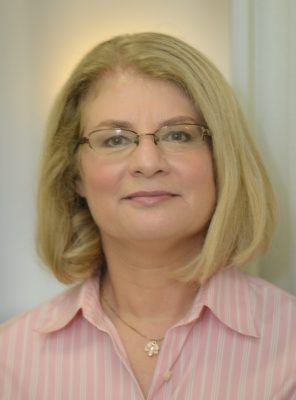
From Our Clients
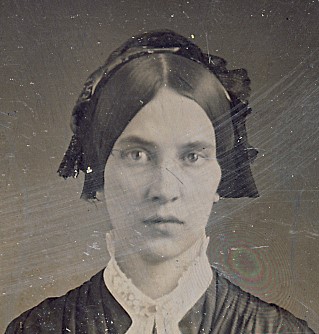
Jane V.
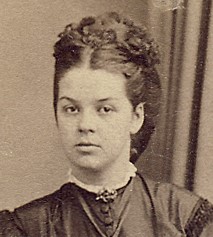
Erika H.
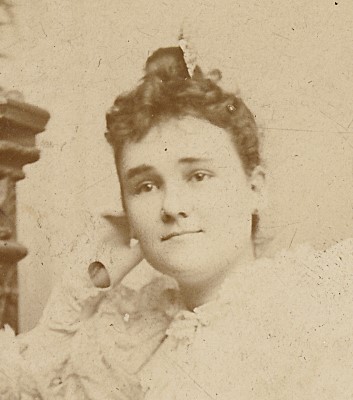
Debbie D.

Gloria W.

Vicki V.
LATEST BLOGS
Senserit signiferumque quo consulatu deseruisse usu. Mea errem labore no, id rebum summo pri omnium accommodare nam

